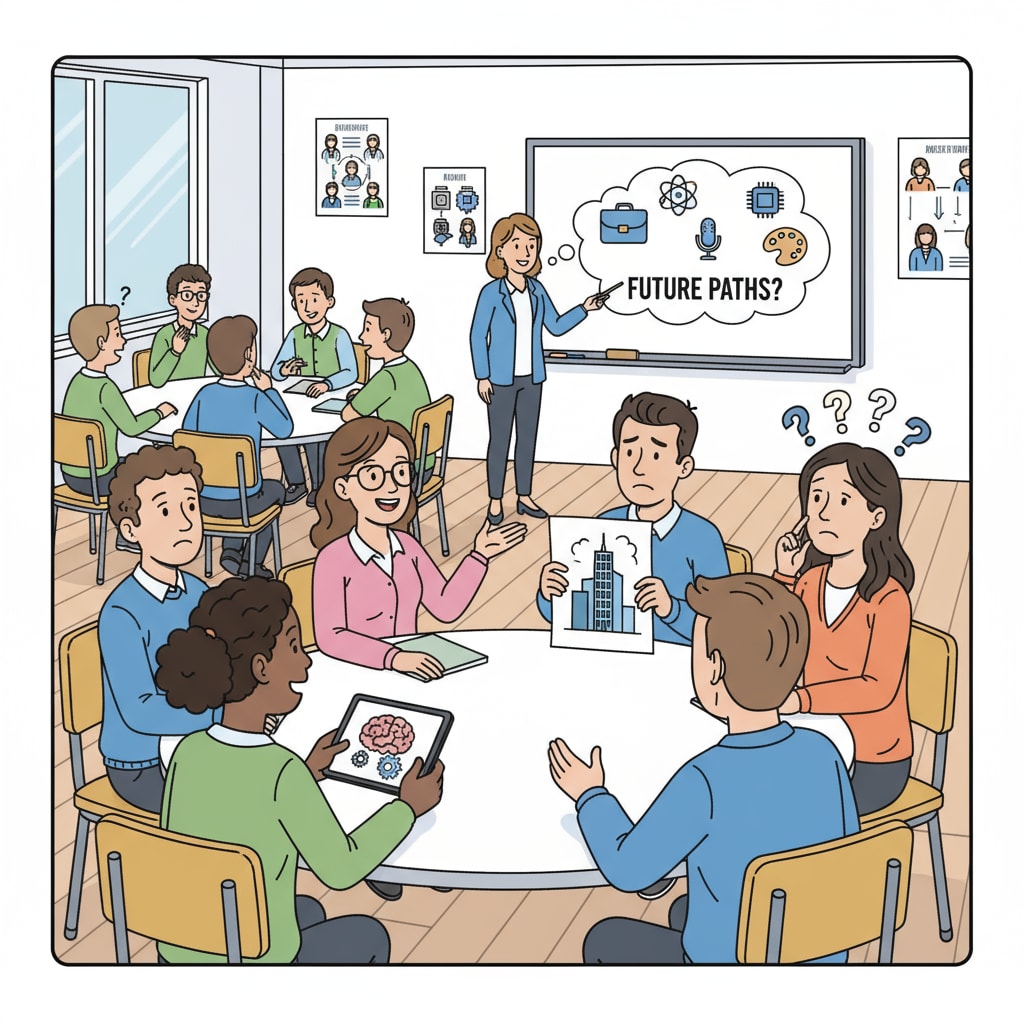Career planning, psychological crisis, and content creation are intertwined aspects that many individuals face in their professional journeys. Consider the case of someone who abandoned a medical degree to pursue content creation. This transition often brings about not only career confusion but also significant psychological distress. The K12 education system, which is supposed to prepare students for their future, has some notable shortcomings in guiding students through these complex issues.

The Deficiencies in K12 Career Planning Guidance
One of the main problems in the K12 education system is the lack of in-depth career planning. Most schools offer basic career advice, but it often falls short of providing students with a comprehensive understanding of different career paths. For example, students may be given general information about various professions but not the real-life experiences, challenges, and long-term prospects. This lack of detailed knowledge can lead to hasty decisions later in life. According to Britannica, education should not only focus on academic knowledge but also on preparing students for the professional world.
The Impact on Adult Career Confusion and Psychological Crisis
When students grow up without proper career guidance, they are more likely to face confusion when making career choices. Take the person who switched from medicine to content creation. Without a solid foundation in understanding their true interests and capabilities during their K12 years, they may have entered the medical field due to external pressures rather than personal passion. The transition to content creation might then be a reaction to dissatisfaction, but without proper preparation, it can lead to feelings of being lost and cause psychological stress. As stated on Wikipedia’s career development page, a lack of early career exploration can have long-term consequences for an individual’s mental well-being.

To address these issues, a more comprehensive approach to career education is needed. K12 schools should incorporate more hands-on experiences, such as internships, industry visits, and guest lectures from professionals in different fields. This would give students a taste of what various careers entail and help them make more informed decisions. Additionally, schools should provide psychological support to help students deal with the emotional aspects of career transitions. By doing so, we can help students avoid the kind of career confusion and psychological crises that often occur in adulthood.
Readability guidance: Using short paragraphs and lists helps summarize key points. Each H2 section provides a clear focus. The passive voice is minimized, and transition words like “for example” and “additionally” are used to improve flow.


